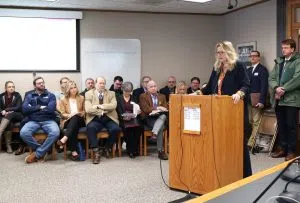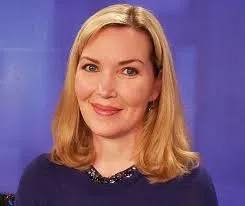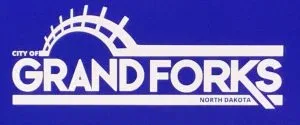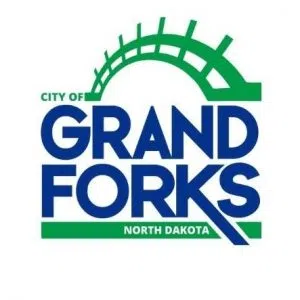
Sen. Janne Myrdal, R-Edinburg, delivers remarks on charitable gambling during a public hearing held by the Senate Judiciary Committee on Jan. 13, 2024. (Michael Achterling/North Dakota Monitor)
(Michael Achterling – North Dakota Monitor) – A bill under consideration by North Dakota lawmakers would restrict which organizations qualify to conduct charitable gambling.
The discussion comes as electronic pull tab machines have proliferated in North Dakota, with 5,250 devices similar to slot machines at 846 sites across the state as of Dec. 31.
The Legislature’s interim Judiciary Committee proposed Senate Bill 2035 to define what qualifies as a “public spirited organization” and can conduct gambling. Sen. Janne Myrdal, R-Edinburg, said the intent is to provide clarity and guard rails to limit unintended consequences of the charitable gambling industry.
“It’s a big, big money business,” said Myrdal, who chaired the interim committee.
In fiscal year 2025, the state had 337 charitable organizations licensed to conduct charitable gambling, according to the Attorney General’s Office. Of those, more than 160 organizations were classified as public spirited organizations.
Other categories include veterans groups, public safety organizations like volunteer fire departments and civic groups such as Lions clubs.
Director of Gaming Deb McDaniel said her office sometimes gets complaints about nonprofit groups like snowmobile clubs or motorcycle clubs that have permits to conduct charitable gambling.
McDaniel said she’d like lawmakers to clarify which groups should qualify. Right now, she said, any nonprofit registered with the Secretary of State’s Office that has been fulfilling its primary purpose for two years is eligible.
The proposal met significant opposition during a Senate Judiciary Committee hearing Monday.
Opponents took issue with the elimination of the words “tourism” and “economic development” from the definition of a public spirited organization. The bill would also prevent amateur adult athletic groups from conducting gambling, but would continue to allow youth and collegiate athletic groups.









